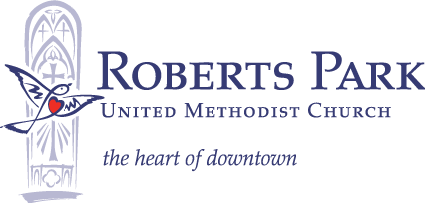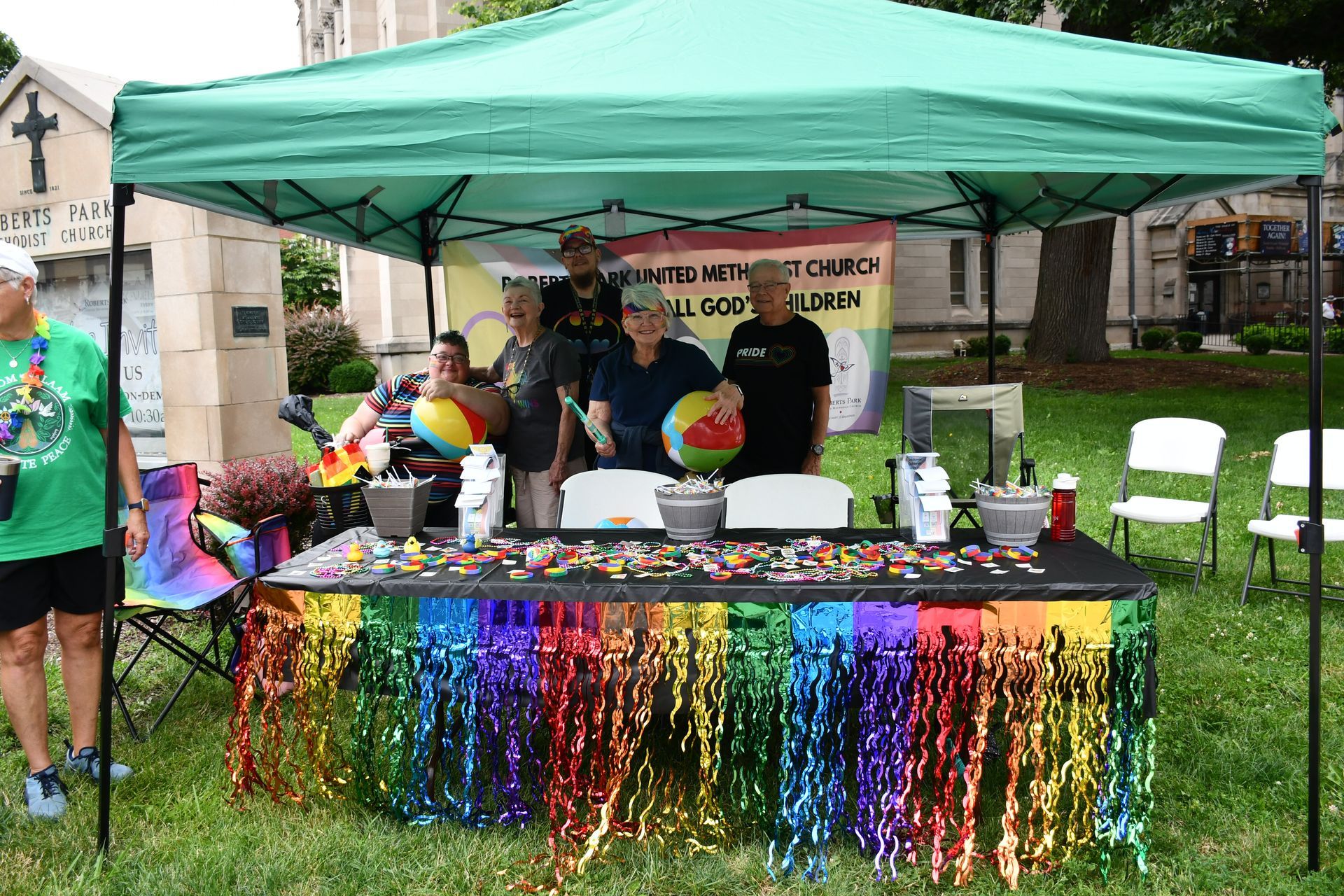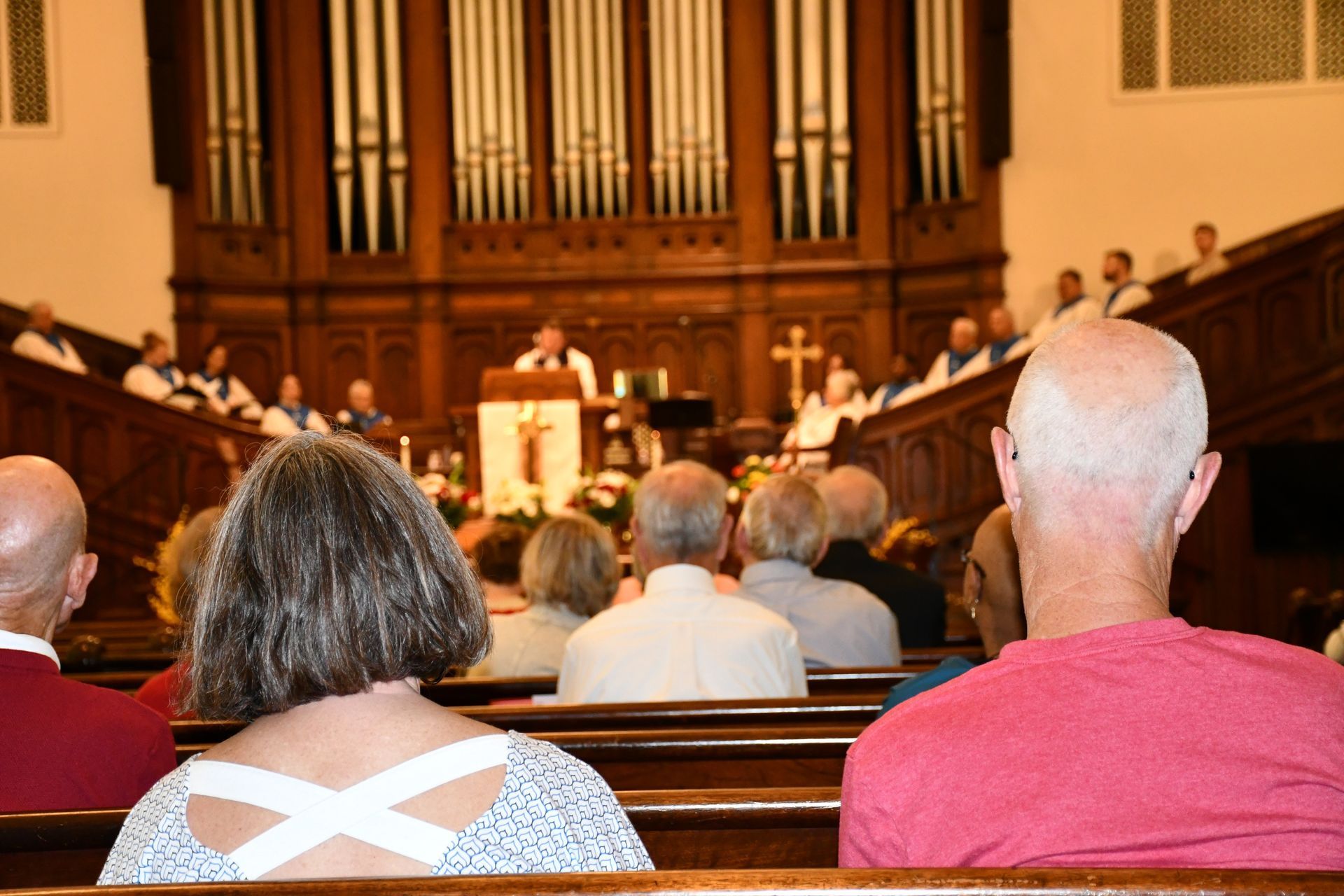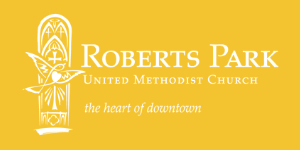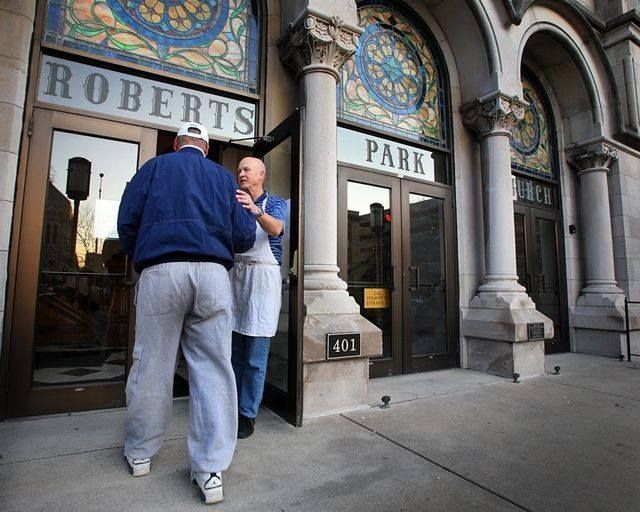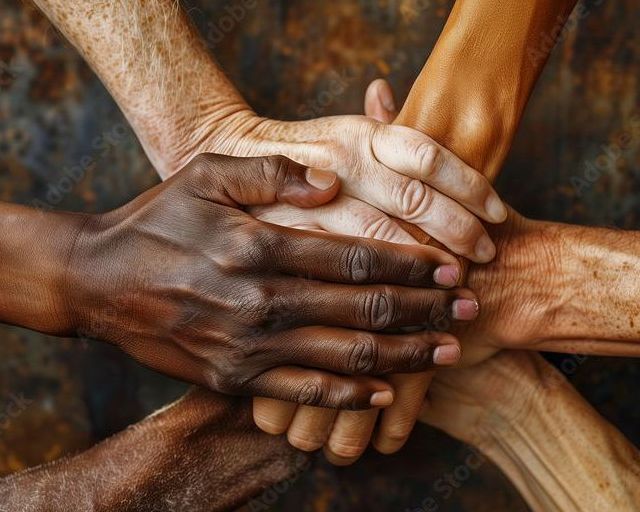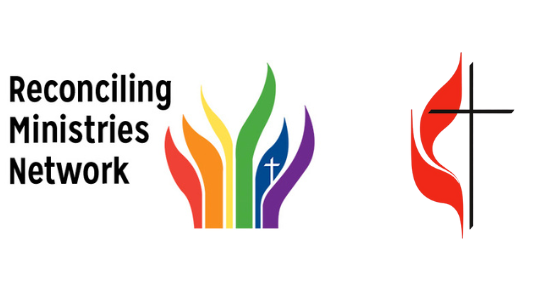sundays• 10:30 A.M. IN PERSON, on Facebook, and youtube
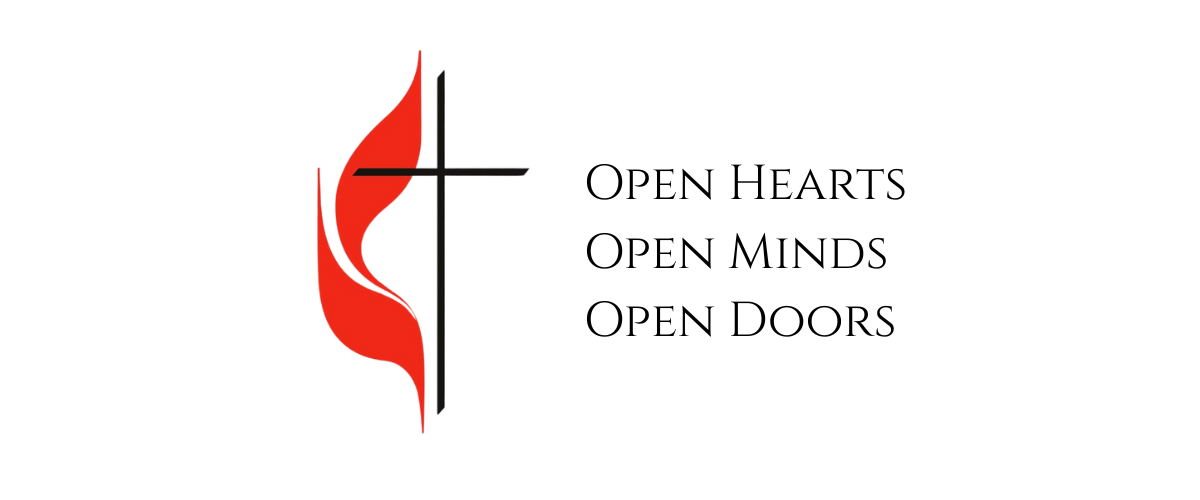
connections to last a lifetime
Find joy through connection. Whether you seek to improve our community or just want to gather with others in a favorite activity, you'll find your place here at Roberts Park.
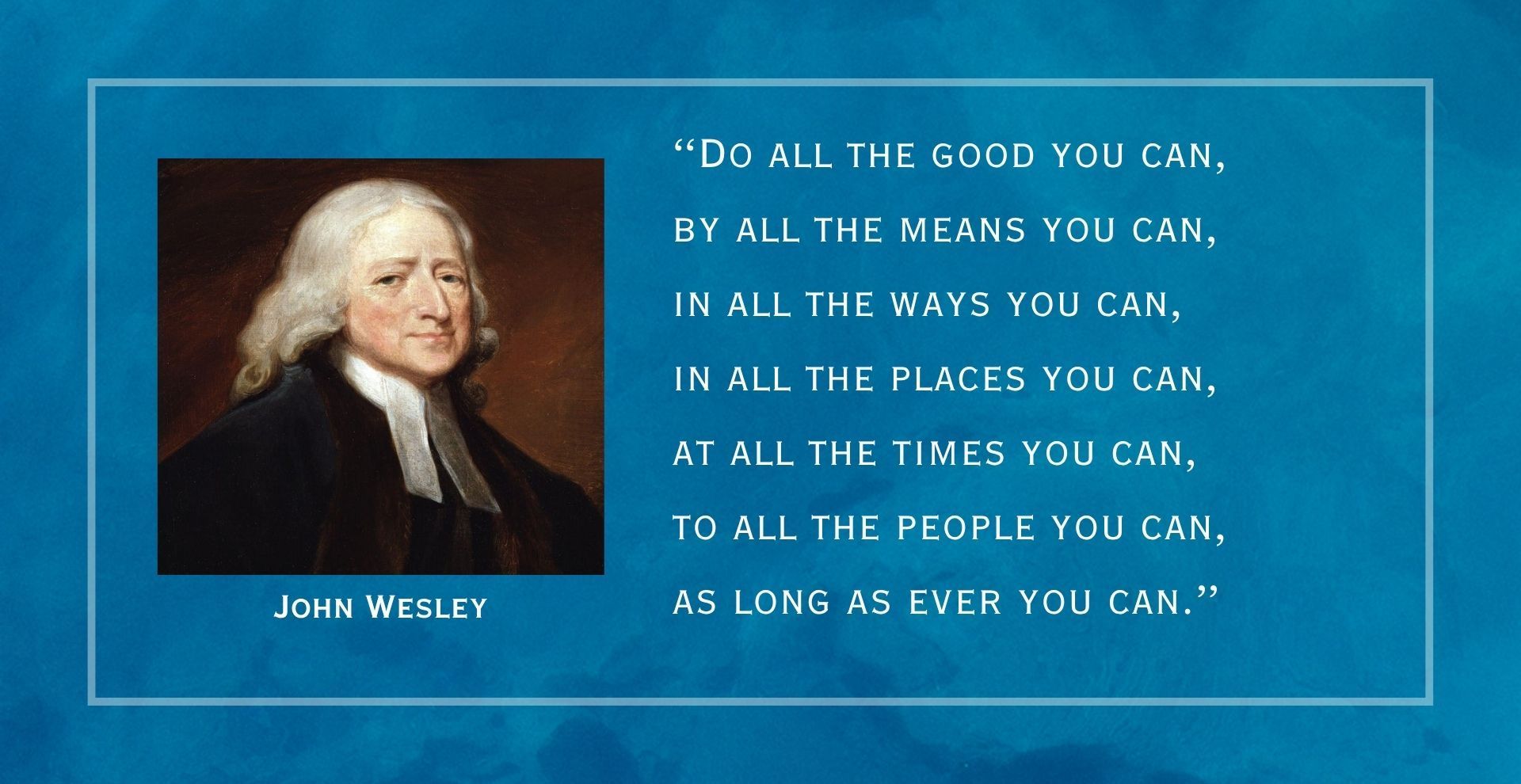
stay in touch
Once a week, Roberts Park UMC sends out the "Midweek Missive." This email includes upcoming events, a reflection from the Pastor, and the link to that week's worship service.
Want to receive it in your inbox? Click on the button below, put Midweek Missives in the subject line and add your email address.
(We will only use your email address for Roberts Park UMC communications, and you may unsubscribe at any time.)
